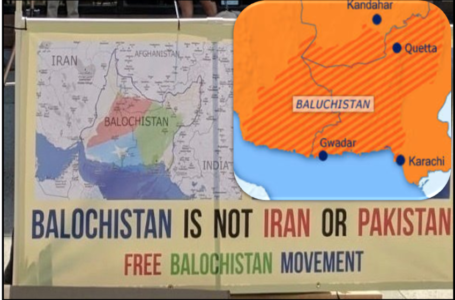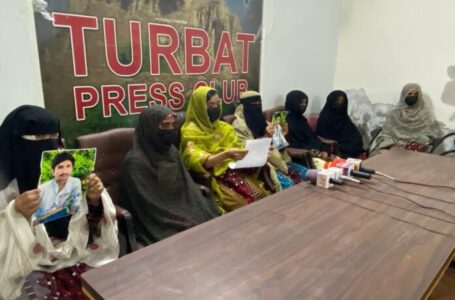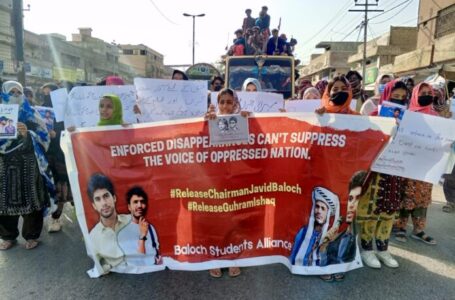The Silence of a Nation: Baluchistan Under Iranian Occupation
Balochistan: Contaminated water claims six lives and affects hundreds of other in Awaran

QUETTA: At least six people including a woman have died and hundreds of other severely affected after drinking contaminated water from a pond in Tedanch village of district Awaran Balochistan.
The reasons for the sudden outbreak of the gastro breakout are unknown. However, some unconfirmed reports suggest that the only water resource in the village has been deliberately contaminated by Pakistan army.
Majority of the affected victims are said to be in a critical condition and fifty of them have shifted to Civil Hospital Lasbela for medical treatment.
Due to the shortage of beds in the Hospital, more people could not be shifted for immediate treatment that is why, local people fear, the number of deaths may increase.
Due to the failure of federal and provincial governments, and departments concerned, highly polluted water is being supplied to people, causing dangerous diseases, including Hepatitis.
A visible surge has been witnessed in mortality rate due to the absence of satisfactory assistance from the government side. So far, water-borne disease Gastro has claimed six lives including a woman and more than two hundred people are said to be affected by it.
Awaran is the native district of Quddus Bezinjo, the current Chief Minister of Balochistan, where the government claims to have heavily invested in development projects.
The reality, however, shows opposite as people continue to suffer and die because of the lack of basic necessities of life including clean drinking water and basic medical facilities.
Balochistan also suffers from the scarcity of water. In most area of Balochistan, women have to walk miles each day to fetch one container of water to meet the needs of their families.
The water is obtained from ponds and it sometimes becomes extremely brackish causing many water-borne diseases.
According to the reports, 62% of Balochistan is deprived of safe drinking water and more than 58% of its land is uncultivable due to water scarcity.









